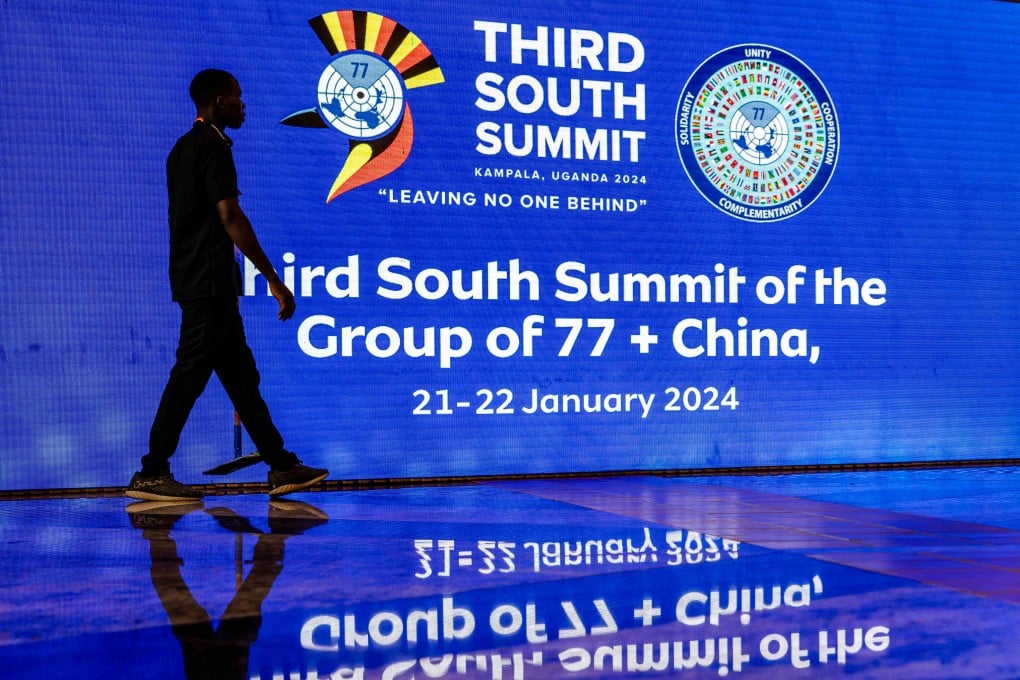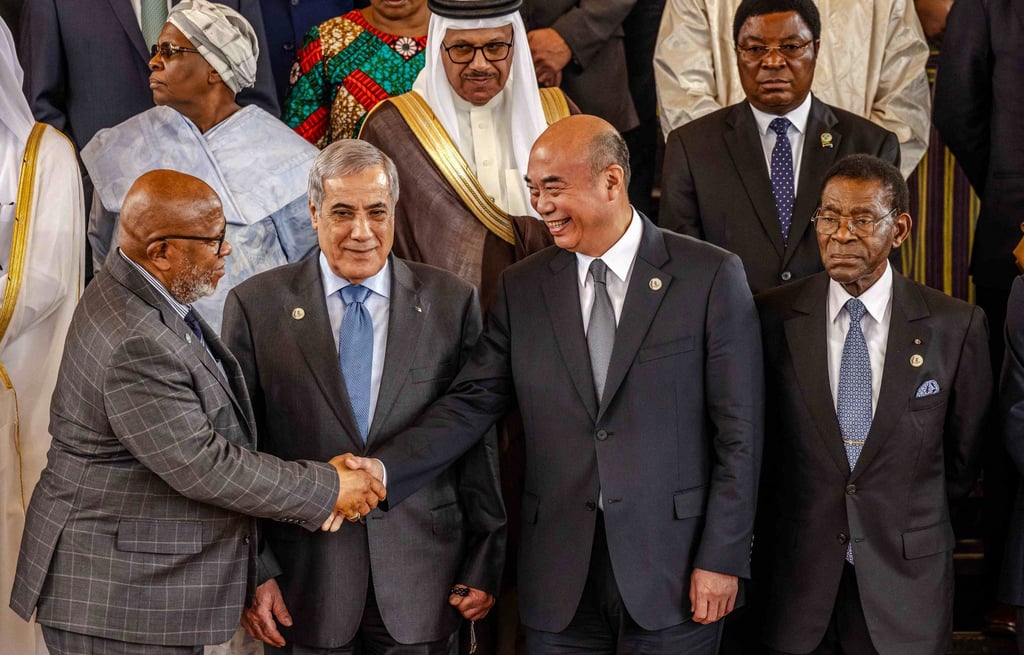China rallies G77 countries for major reform of WTO and Bretton Woods at Kampala summit
- Chinese Vice-Premier Liu Guozhong wins support, including from UN leaders, for speech calling for overhaul of global systems
- The G77 plus China grouping’s decision makers are meeting in Kampala, where chairmanship has passed from Cuba to Uganda

Liu was speaking in Kampala at the third South Summit – the decision-making body of the 134-country G77 and China, which does not consider itself a member of the grouping. Uganda also assumed chairmanship of the group at the meeting, taking over from Cuba.
China joins a growing list of countries, especially from Africa and Asia, that have been piling on the pressure for a reorganisation of the global political and economic order – especially the UN Security Council and the WTO, as well as the World Bank and the IMF.
The increasing calls for a review of the International Monetary Fund and the World Bank are based on concerns that the structure, location and mandate of the Bretton Woods institutions are no longer fit to deal with changing global trends.

The US played an outsize role in the creation of the IMF and World Bank and continues to command considerable influence, as one of the largest shareholders in both organisations, which are also headquartered in Washington.